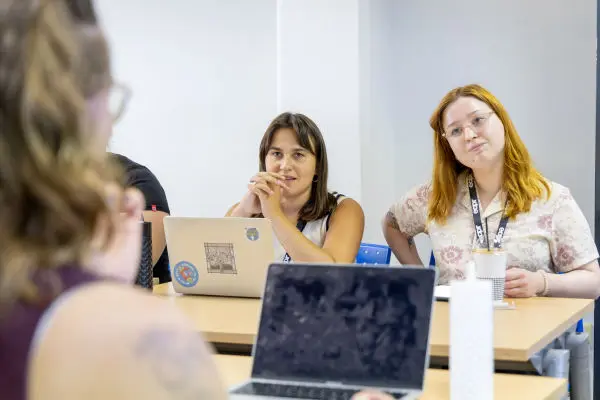
Strasbourg, France
The European Identity: Past, Present, and Future
When:
15 June - 26 June 2026
Credits:
0 EC
Read more
Political Science
When:
17 February - 22 February 2013
School:
ECPR Winter School in Methods & Techniques
Institution:
University of Vienna
City:
Country:
Credits:
0 EC

This introductory R class focuses on making students familiar with data manipulation and basic modelling in R. R has become a widespread statistical package that offers both flexibility and power, but it also needs careful attention by the user. After this course, students should able to (1) set up R, load in any data formats and prepare them for analysis; (2) carry out descriptive and inferential analysis (up to the most commonly used regression models) on the prepared data; (3) write R script that incorporates simple custom functions and the split-apply-combine strategy; (4) specify and run simple statistical models and present their results both in tabular, but mostly visual formats that are both informative and aesthetically pleasing (publication ready); (5) easily navigate through the myriad of further resources on R and extend their knowledge on their own efficiently. This course is designed to be a hands-on practical introduction to R for quantitative researchers.
Zoltán Fazekas University of Vienna
Advanced students and junior researchers in political science and adjacent disciplines
as above
When:
17 February - 22 February 2013
School:
ECPR Winter School in Methods & Techniques
Institution:
University of Vienna
Credits:
0 EC

Strasbourg, France
When:
15 June - 26 June 2026
Credits:
0 EC
Read more

Colchester, United Kingdom
When:
23 February - 27 February 2026
Credits:
4 EC
Read more

Colchester, United Kingdom
When:
23 February - 27 February 2026
Credits:
4 EC
Read more